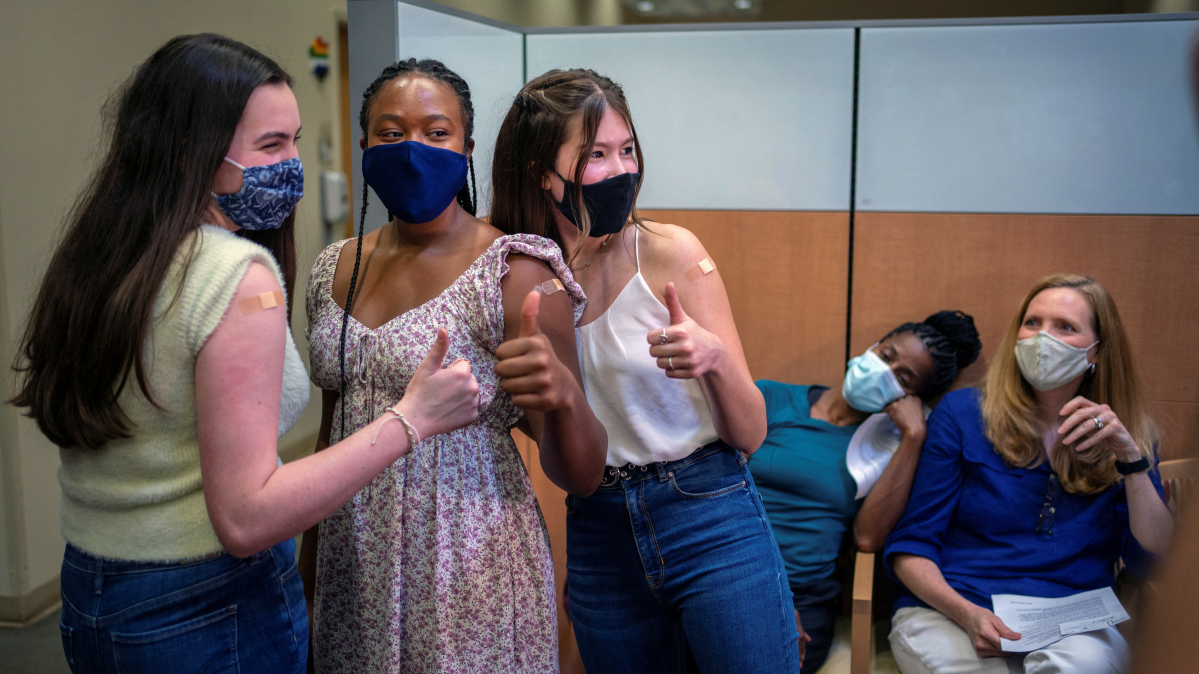Israeli cabinet approves West Bank land registration, Palestinians condemn 'de-facto annexation'
Israel’s cabinet on Sunday approved measures aimed at expanding state oversight of land in the occupied West Bank and facilitating land purchases by...

Serious cases of a disorder of the large intestine are surging among Americans younger than 50, researchers say.
Analysing data on more than 5.2 million adults hospitalised for diverticulitis from 2005 to 2020, they found that the proportion of patients under age 50 admitted with serious complications increased from 18.5% to 28.2%.
Furthermore, patients under age 50 who were hospitalised for diverticulitis were more likely to require invasive procedures, with 29% higher odds of needing surgery to remove part of the colon.
They also had 58% higher odds of requiring insertion of a catheter to drain infected fluid, compared to their older counterparts, the researchers reported in Diseases of the Colon and Rectum.
Diverticulitis occurs when food particles, bacteria, and other debris accumulate in small pouches that have formed on weak areas on the wall of the colon, leading to inflammation, abdominal pain, bloating, bleeding, constipation and diarrhea.
In complicated cases, patients may develop abscesses and holes in the colon.
Until now, diverticulitis has been considered more common among older adults. It affects fewer than 20% of people by age 40, increases to 35% to 40% by age 50, and reaches about 60% by age 60, according to U.S. data.
In the oldest age groups, the prevalence can exceed 70%.
"We're seeing a significant shift in who is being hospitalised for severe diverticulitis," study leader Shineui Kim of the David Geffen School of Medicine at UCLA said in a statement.
The findings point to a growing public health concern for younger Americans, with this population having experienced similar increases in colorectal cancer diagnoses, the researchers said.
Treatments have improved, they noted, with the proportion of younger patients requiring surgical removal of part of the colon decreasing from 34.7% to 20.3% during the study period.
The researchers said the potential causes of the rising burden of early-onset diverticulitis require further research.
U.S. Ambassador to NATO Matthew Whitaker said China has the power to bring an end to Russia’s war in Ukraine, arguing that Beijing is enabling Moscow’s military campaign.
American figure skating star Ilia Malinin endured a dramatic collapse in the men’s free skate on Friday night, falling twice and tumbling out of medal contention at the Milan Cortina Winter Olympics as Kazakhstan’s Mikhail Shaidorov surged to a surprise gold medal.
“Respected and feared globally,” U.S. President Donald Trump told troops at Fort Bragg on Friday (13 February), framing America’s renewed strength against to mounting pressure on Iran amid stalled nuclear talks.
Speaking at Munich Security Conference, Ukrainian foreign minister Andrii Sybiha calls for decisive steps ahead of expected Geneva talks
Thousands of fans packed River Plate’s Monumental Stadium in Buenos Aires on Friday for the first of three sold-out concerts by Puerto Rican reggaeton star Bad Bunny, as part of his “Debí Tirar Más Fotos” World Tour.
Measles cases across Europe and Central Asia fell sharply in 2025 compared to the previous year but health officials have warned that the risk of fresh outbreaks remains unless vaccination gaps are urgently addressed.
A Florida university has become a new hotspot in a widening U.S. measles outbreak, with health officials confirming multiple infections and hospitalisations.
The World Health Organization has added the Nipah virus to its list of the world’s top 10 priority diseases, alongside COVID-19 and the Zika virus, warning that its epidemic potential highlights the global risk posed by fast-spreading outbreaks.
Belgian authorities are examining suspected cases of infants falling ill after consuming recalled Nestle baby formula, amid warnings that confirmed infections may be underestimated due to limited testing requirements.
Two Nipah infections involving health workers in India have triggered heightened screening across Southeast Asia as authorities move to prevent the high fatality virus from spreading beyond the country.
You can download the AnewZ application from Play Store and the App Store.

What is your opinion on this topic?
Leave the first comment